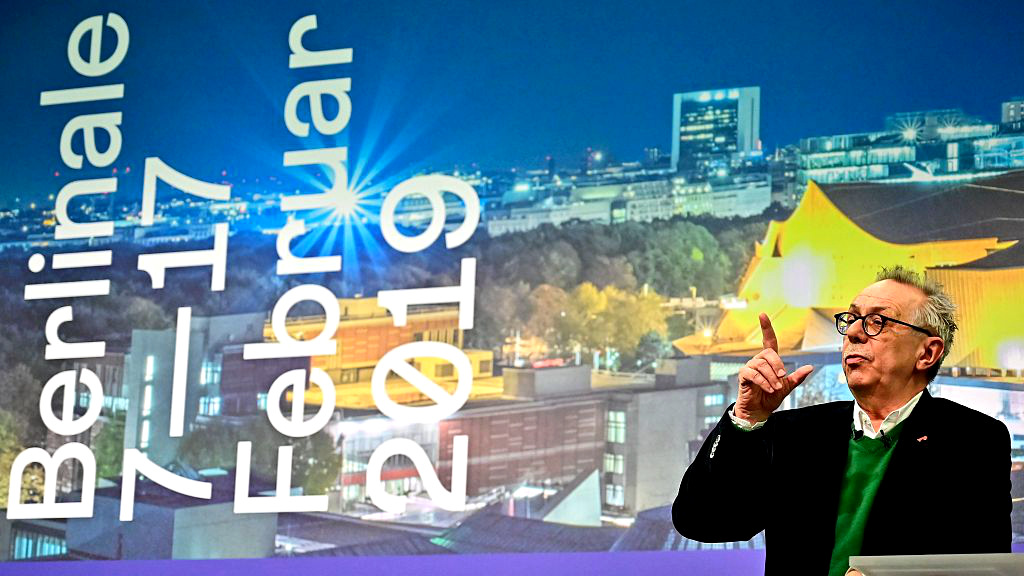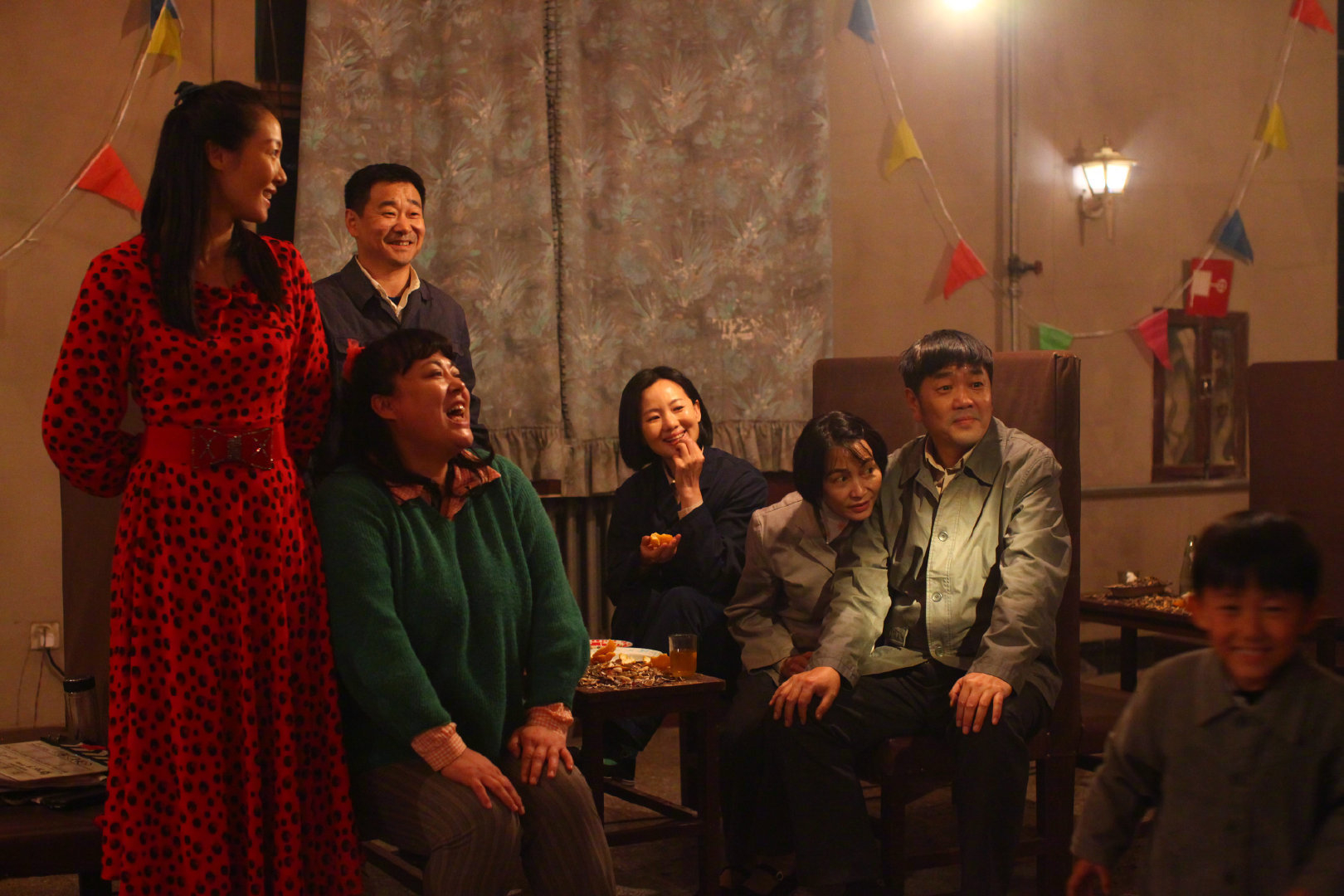
Movie/TV
23:00, 29-Jan-2019
Oppression and its opponents shape a political Berlinale
CGTN

Abuse of power, state oppression and the struggle faced by those who seek to challenge it in countries from Russia and Brazil to the United States are key themes in this year's Berlin Film Festival, for which the final line-up was announced on Tuesday.
This year's edition of the festival, which has never been shy of broaching sensitive political themes, highlighted Brazilian films in the program that had anticipated the country's hard swing right in last year's presidential election.
“Sometimes art has to be political,” said director Dieter Kosslick, who bows out this year after his 18th Berlinale.

Morning commuters walk past posters announcing the upcoming Berlinale Film Festival along Potsdamer Strasse in Berlin on January 28, 2019. /VCG Photo
Morning commuters walk past posters announcing the upcoming Berlinale Film Festival along Potsdamer Strasse in Berlin on January 28, 2019. /VCG Photo
“In the case of Brazil we see how films took a seismographic reading of the mood of the country before the current president was elected,” he added.
Brazilian director Wagner Moura's "Marighella," screened out of competition, tells the story of writer Carlos Marighella's resistance to and 1969 death at the hands of a military dictatorship that toppled a democratic government, in a story that uncomfortably echoes President Jair Bolsonaro's rise.
French director Juliette Binoche, herself a Silver Bear winner, chairs the main competition jury in the festival, which owes its political sensibility to its 1951 birth in a divided city that straddled the front lines of the Cold War.

Juliette Binoche attends "Nobody Wants the Night" photocall for the 65th Berlinale, Berlin International Film Festival, in Berlin, Germany on February 05, 2015. /VCG Photo
Juliette Binoche attends "Nobody Wants the Night" photocall for the 65th Berlinale, Berlin International Film Festival, in Berlin, Germany on February 05, 2015. /VCG Photo
Squarely in that tradition lies Polish director Agnieszka Holland's "Mr. Jones," telling the story of Welsh journalist Gareth Jones, whose the 1930s reports from the Soviet Union exposed the horror of famine in Ukraine, despite governments and rival reporters who tried to silence him.
China is also strongly represented in the main competition, with Wang Xiaoshuai's "So Long, My Son" exploring the lives of two couples living through the revolutionary economic changes that have transformed China since the 1980s.
You may also be interested in: Zhang Yimou's 'One Second' to run for top prize at Berlinale 2019; More Chinese films are expected at the Berlinale 2019.

A still from Wang Xiaoshuai's "So Long, My Son" movie. /Photo via Douban.com
A still from Wang Xiaoshuai's "So Long, My Son" movie. /Photo via Douban.com
Also screening outside the competition is United States director Adam McKay's "Vice," about the reign of Dick Cheney as the U.S.'s most powerful vice-president.
“This is the film you have to see in order to understand the presidency,” said Kosslick, before recommending, to laughs from the audience, a festival screening of Charles Ferguson's documentary "Watergate - Or How We Learned to Stop An Out of Control President" about the fall of Richard Nixon.
The festival also includes for the first time works produced by the streaming services that are a rising force in the film world, including Spanish director Isabel Coixet's Netflix production "Elisa y Marcela," about a woman who disguised herself as a man to marry her female lover in 1901.
(Cover: Berlinale director Dieter Kosslick addresses a press conference in Berlin to present the program of the 69th Berlin Film Festival, January 29, 2019. /VCG Photo)
Source(s): Reuters

SITEMAP
Copyright © 2018 CGTN. Beijing ICP prepared NO.16065310-3
Copyright © 2018 CGTN. Beijing ICP prepared NO.16065310-3